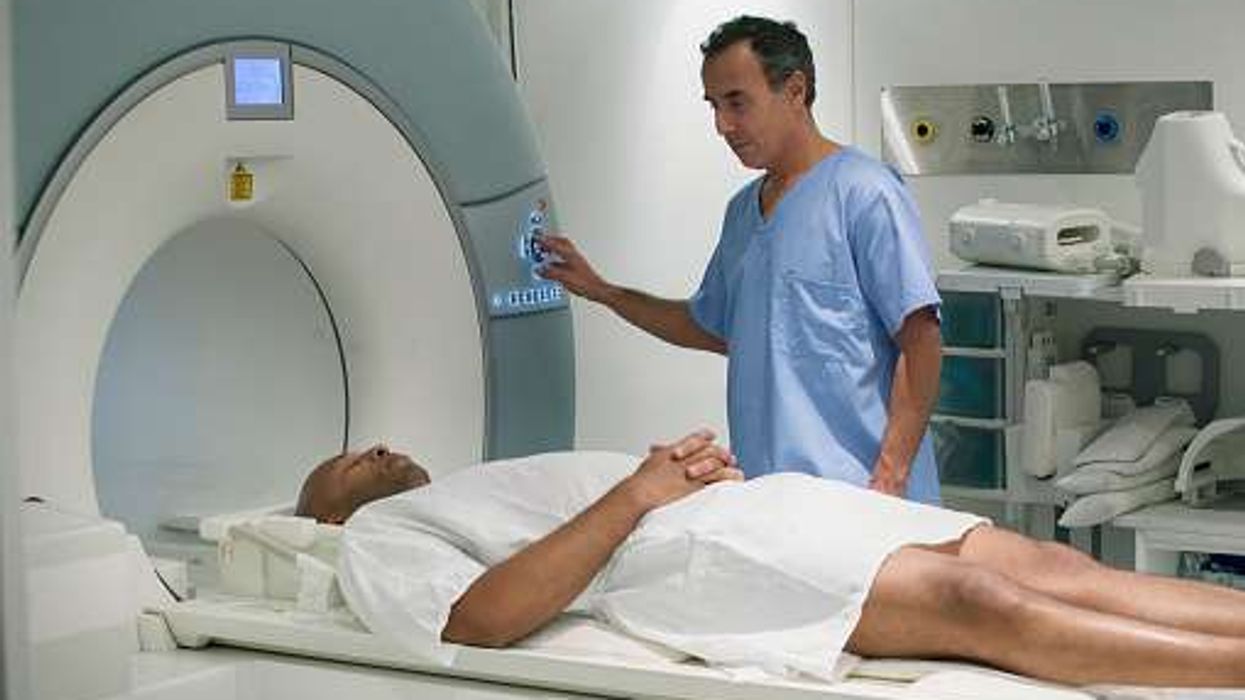Key Summary
- Leeds Hospitals to trial AI tool Pi for same-day prostate cancer diagnosis
- Part of a £14 million NHS pilot to speed up early detection
- Aims to cut waits and diagnose patients faster
The Leeds Teaching Hospitals NHS Trust will begin a pilot to use artificial intelligence with MRI scans to detect prostate cancer in minutes.
The new ‘one stop shop’ pilot, funded by NHS England, is being trialled at 15 NHS hospitals with a pilot set to begin at the Leeds Teaching Hospitals early next year, with around 100 men expected to benefit.
If the AI-Software finds a scan to be of high risk, it will be sent to a radiologist for priority review and the patient will be booked in for a biopsy the same day.
This helps doctors either potentially give an all clear the same day or confirm a cancer diagnosis a few days later following review.
If the trial is successful and the pathway can be rolled out widely across the NHS in future, it could lead to thousands being diagnosed and treated sooner.
The trial is done using an AI software Pi, developed by Lucida Medical.
As per Prostate Cancer UK, one in eight men will develop prostate cancer.
The National Prostate Cancer Audit reported 58,218 prostate cancer cases in England in 2024, over 5,000 more than the previous year.
It has now overtaken breast cancer as the most commonly diagnosed disease in the UK.
Health secretary Wes Streeting said, “By harnessing the power of technology we are revolutionising our NHS,” as he called the long wait time for the patients “needlessly distressing”.
Current guidelines recommend an MRI and biopsy within a week of urgent GP referral, though waits often extend due to limited radiologist capacity.
Unlike breast cancer, prostate cancer does not have a national screening programme.
The new technology could save men "prolonged anxiety and the bother of hospital trips, while also increasing capacity for our hard-working NHS workforce," commented Amy Rylance, assistant director of health improvement at Prostate Cancer UK.
Professor Peter Johnson, NHS National clinical director for Cancer said, “As with all cancers, speed is crucial – the quicker the diagnosis, the sooner treatment can begin and help give the best chance of treatment being successful for patients and their families.”
The project is one of seven innovative pilots backed by a £14 million investment aimed to improve the early detection of cancer, as part of the NHS Cancer Programme Innovation Open Call.













